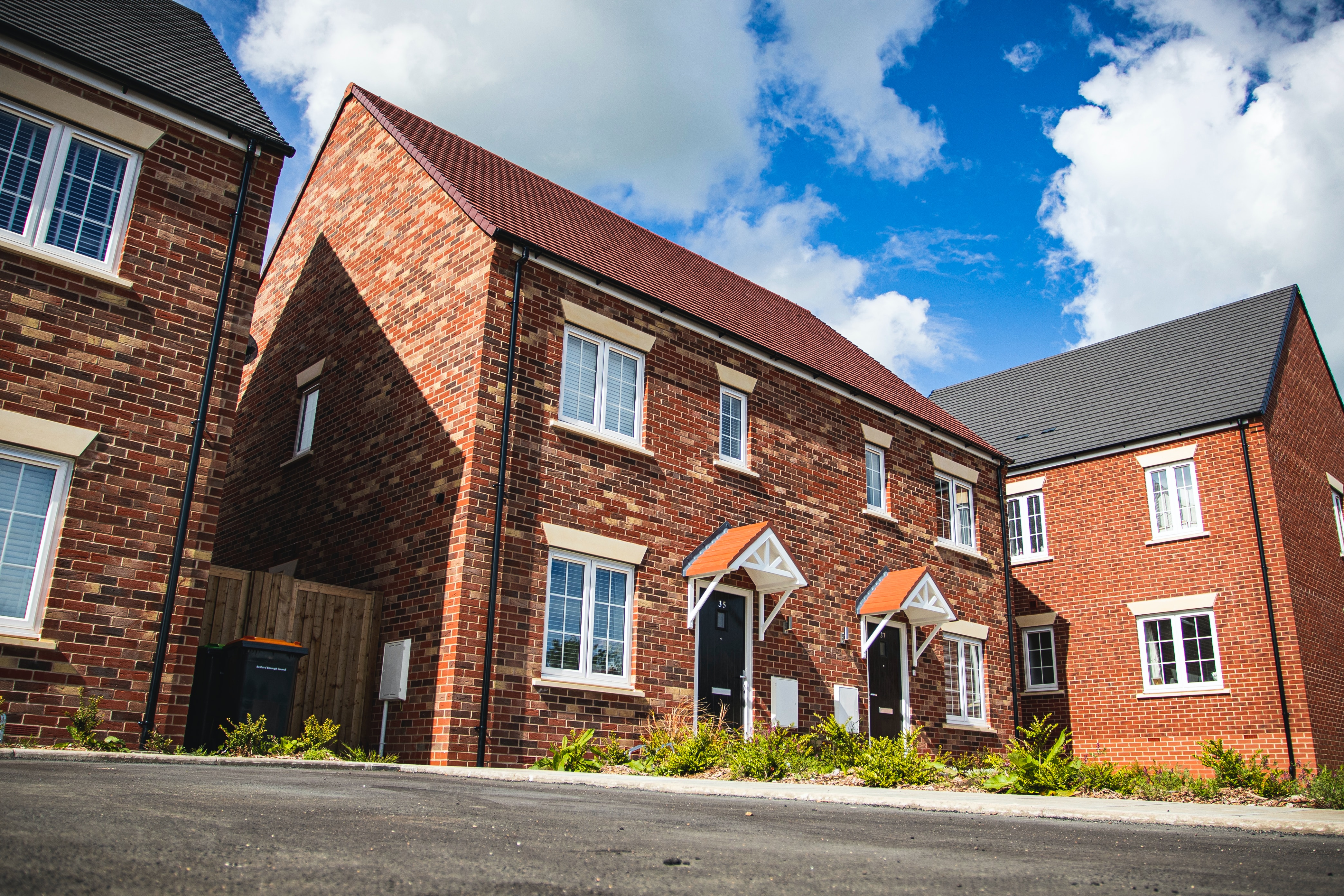A grizzly profit warning from Crest Nicholson (CRST) and news of a sharp drop in asking prices in Rightmove’s (RMV) latest data sent shares across the housebuilding sector into a tailspin on Monday, with Crest leading the way – it’s shares fell 13% in early trading, although recovered to hover around 8% down.
The builder said that trading conditions had worsened over the summer as economic uncertainty and the higher cost of mortgages was deterring buyers, with sales per outlet per week halving to 0.25. It noted that the slump in activity was especially pronounced among first time buyers with low levels of equity, a situation worsened by the end of the government’s Help to Buy scheme.
As a result, it now expects full year profit before tax to be around £50m, well below the previous £70.7m consensus forecast and even though pricing had remained firm.
However, data from Rightmove released on the same day showed that asking prices had slipped 1.9% in August, the biggest drop in 5 years and twice as steep as the usual summertime drop. It noted that although sales were now 2% below their peak in May, prices were still 19% higher than August 2019 after the surge in demand during the pandemic.
Alongside rising mortgage rates, that points to increasingly stretched affordability and plenty of room for prices to slip further. Data shows that 100,000 households come off fixed rate deals every month, and face significantly higher mortgage payments as they refinance. That’s also seeing higher numbers of buy-to-let landlords leaving the market, according to analysis by estate agency Savills.
Unsurprisingly, housebuilders have been battening down the hatches, not least by curtailing land purchases. Crest Nicholson said it expects future land activity to reduce significantly, echoing actions being taken across the sector in response to falling sales volumes.
That suggests the structural shortage of housing in the UK is likely to continue and should help the sector maintain pricing to some degree. Rightmove’s monthly survey also showed that the number of sales being agree is 15% below the pre-pandemic level – there is “no glut of homes for sale” it said.
It’s also been speculated that soaring rents may see some tenants turn to buying instead, with Rightmove noting that transactions among first time buyers were holding up better than the overall market. It also noted that rising wages and signs that banks are reducing mortgage rates should support the market once the summer lull is over.
Whether that makes it a good time to invest in the sector is unclear, however. Housebuilder shares are undoubtedly cheap, with most trading well below the value of their assets and at single digit PE ratios. But given the possibility that market conditions could deliver further unpleasant surprises like the one Crest Nicholson delivered today, awaiting firmer signs of recovery looks the most sensible option.

